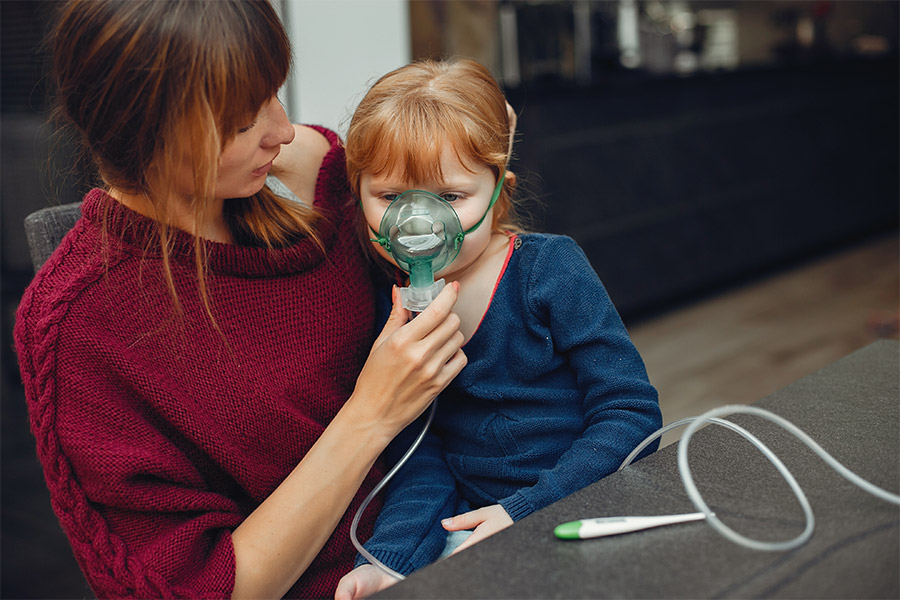Are you a caregiver of a loved one with Asthma? If yes, you must know, it is not just a lung disease that causes sneezing and itching nose. According to The Centers for Disease Control and Prevention (CDC), one in every twelve Americans has the disease. For people with Asthma, every episode of an asthma attack triggers panic and stress because they don’t know when will be the next attack. Asthma attacks are quite unpredictable. So, it is best to get familiar with the tips that you could follow to take care of an Asthma patient in a better way. Let’s have a look at some of these tips.
Try to know more about the disease
With knowledge comes confidence. So, try to know as much as possible about the disease from credible sources. When you are a caregiver, remember to educate yourself about how to identify an asthma attack, manage the same, and identify the triggers. There are several resources over the web such as the Asthma and Allergy Foundation of America (AAFA) and the American Academy of Allergy Asthma and Immunology (AAAAI).
Maintain an open dialogue with the physician
Never forget to maintain an open dialogue communication with the physician of your loved one so that if there is no improvement, you could immediately communicate the same to him or her. The move will also help you to develop a detailed asthma action plan for the effective management of the disease.
Understand the medications (dosage and timings)
While most asthma medicines are administered orally, an asthma patient may have to use asthma devices such as inhalers and nebulizers. So, you must be aware of how these devices work and the right technique of using the same. Also, know about the medicines, including their dosage and timings. You can also use an automatic pill reminder for ease in medication management.
Manage asthma triggers
If you can manage the asthma triggers, you are likely to prevent your loved one from an asthma attack and can control the chronic disease for a lifetime. Asthma triggers could be pollens, mold, dust mites, cockroaches, perfumes, sprays, or smoke. There could be even more!
Take out time for self-care
Try to invest a few hours daily for self-care. If you end up neglecting your physical and emotional well-being, you could experience caregiver burnout like other caregivers. It can severely affect your caregiving capability. So, take the help of technology, other family members or friends in your caregiving journey.
Since there is no cure for Asthma, keep working diligently. Try to make changes in the asthma action plan whenever you feel it is necessary to make your loved one feel comfortable.

